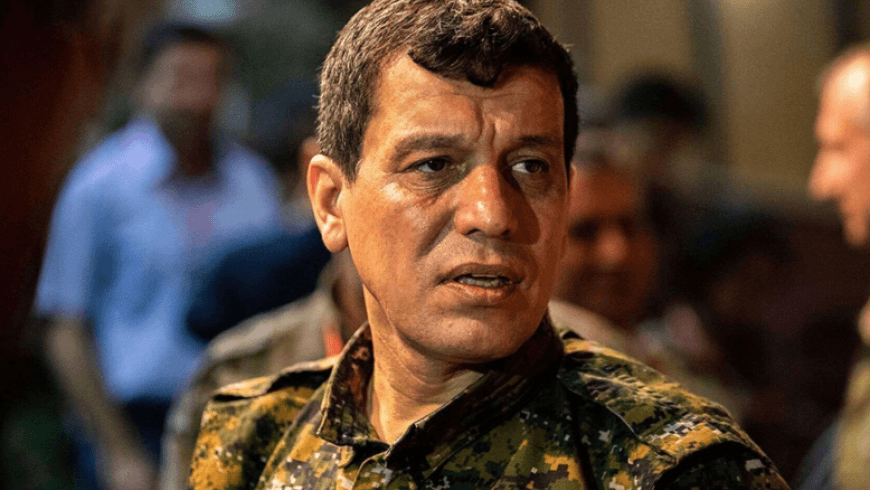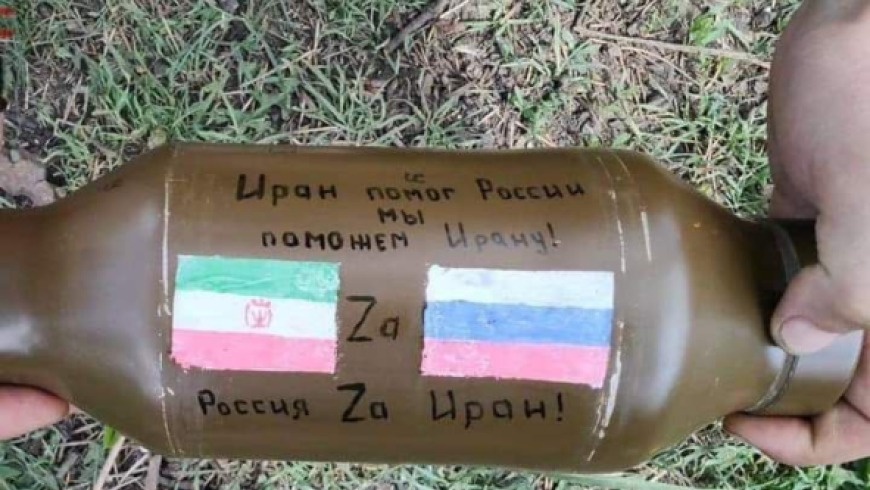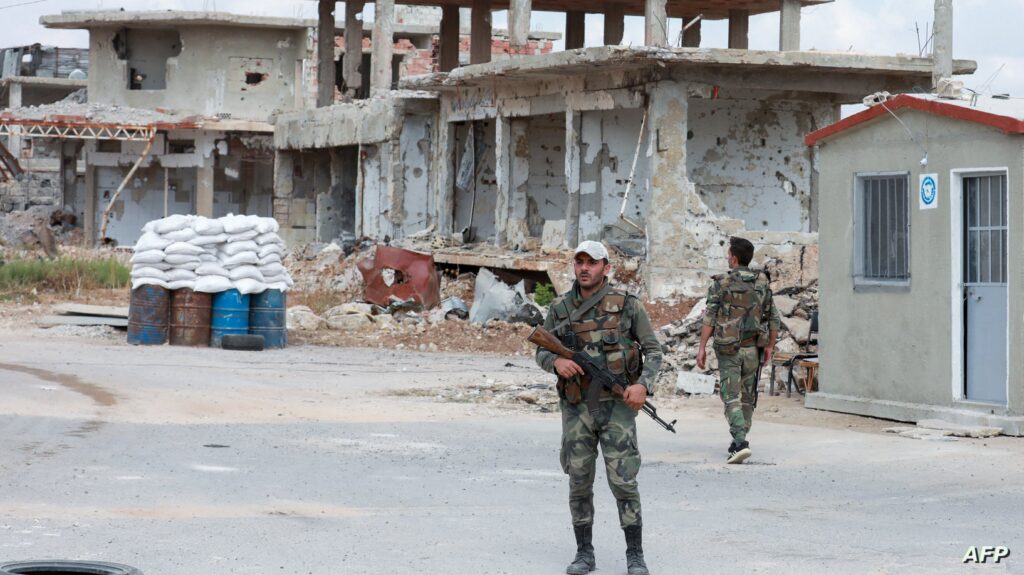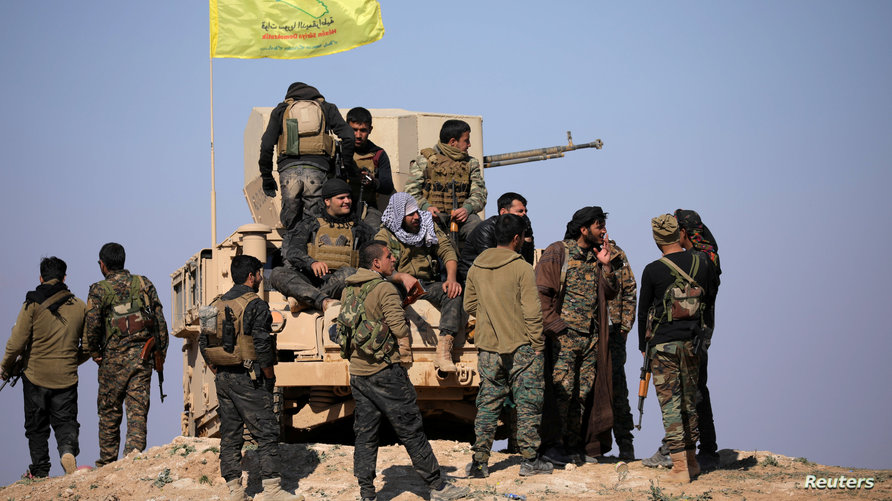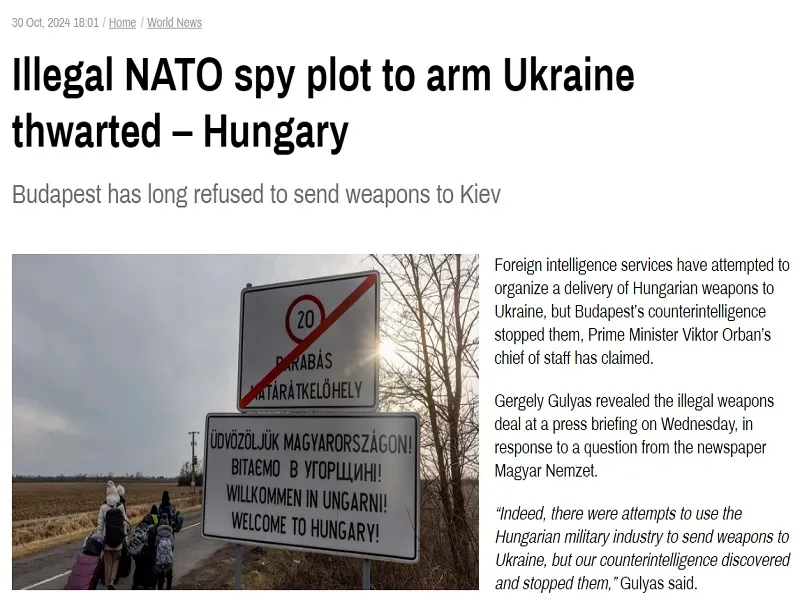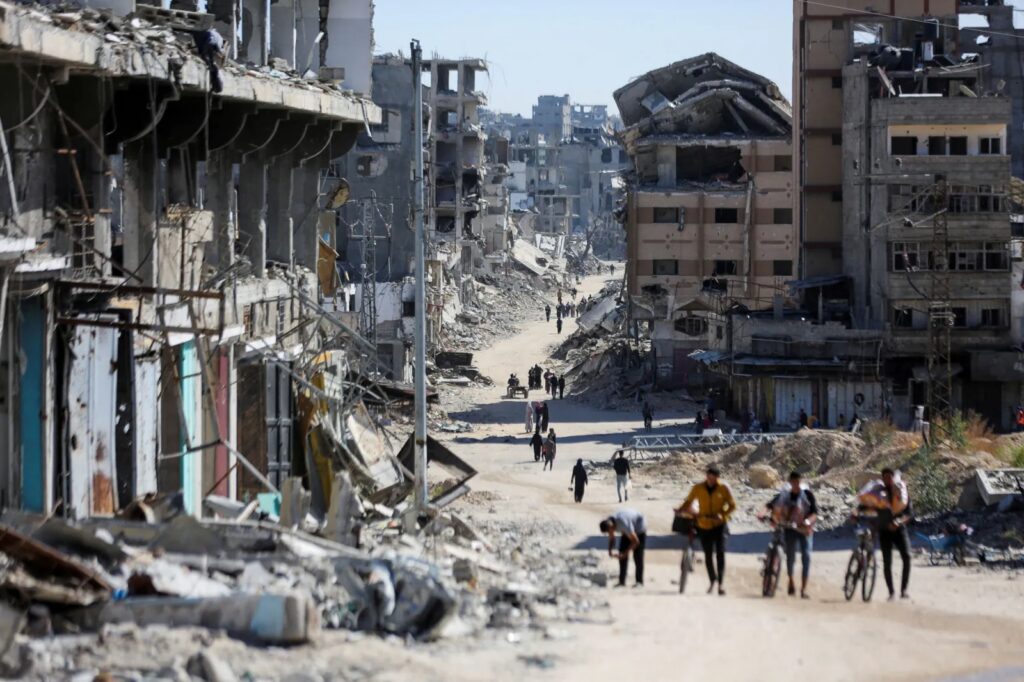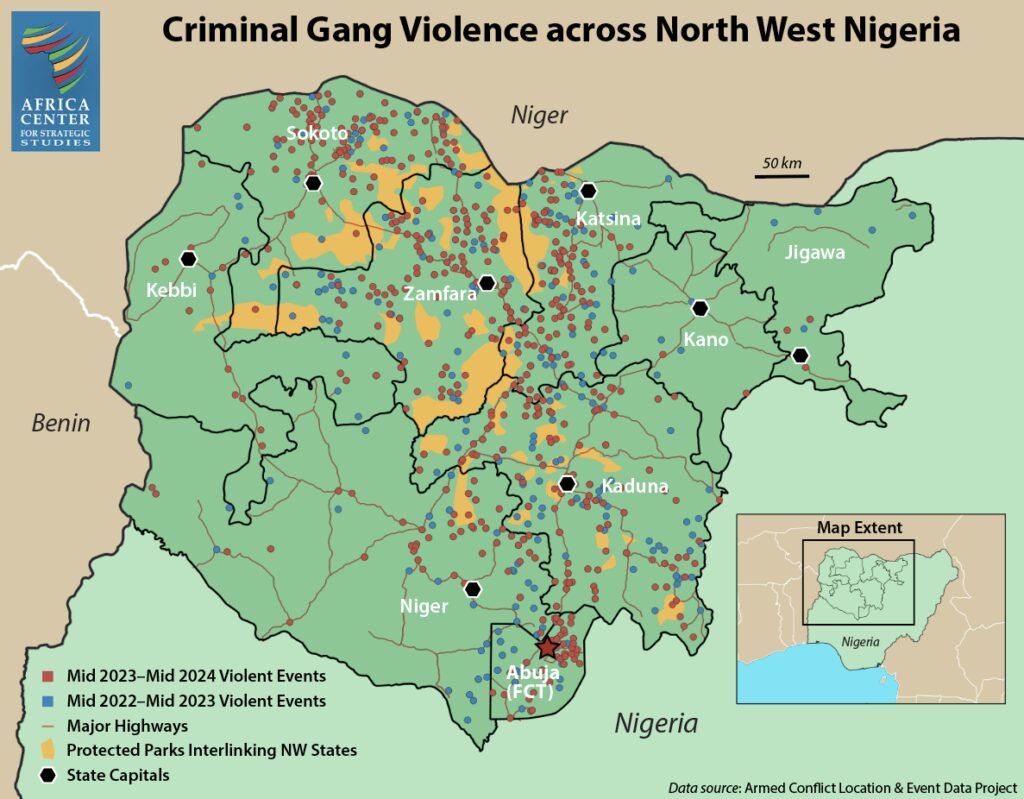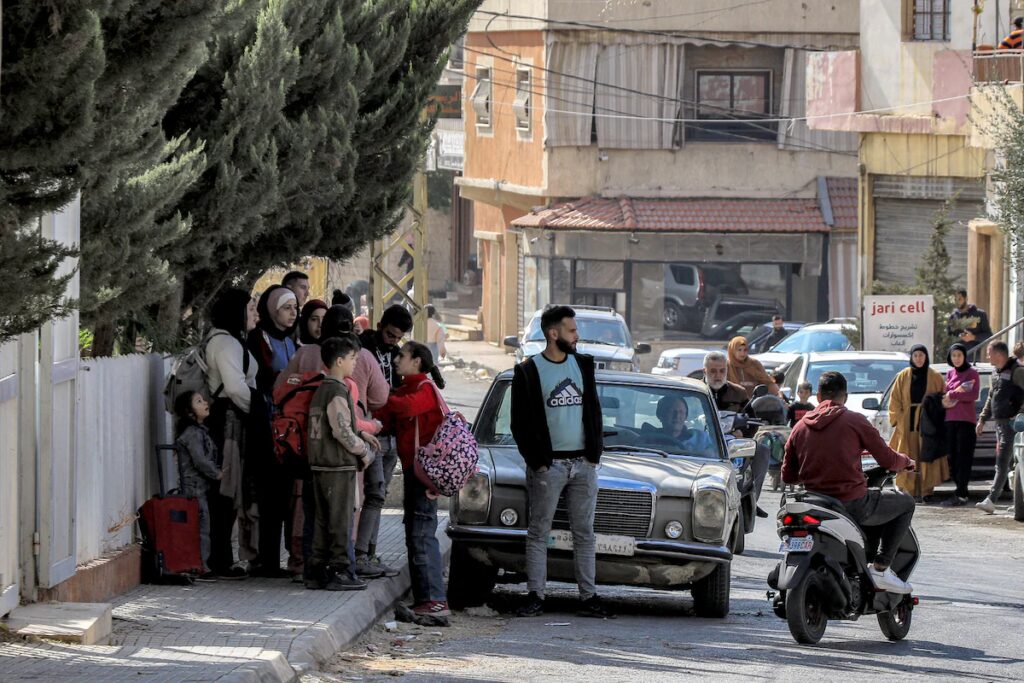The Transformation of Damascus’ Mezzeh Neighborhood Amid Iranian Influence and Israeli Strikes
In Mezzeh, a neighbourhood reshaped by geopolitical stakes, the lives of ordinary people are caught in a struggle that has fundamentally altered their community, 963 Media writes.
Once one of Damascus’ most prestigious neighbourhoods, Mezzeh has shifted from a symbol of sophistication to a flashpoint in Syria’s complex regional conflict. In recent years, increased militarization—driven by Iranian and Hezbollah presence—has made Mezzeh a target of Israeli airstrikes, disrupting daily life and eroding the neighbourhood’s allure. Originally known for its diplomatic institutions, embassies, and exclusive residential zones, Mezzeh’s transformation illustrates how the Syrian war has reached into even the most established areas of the capital.

